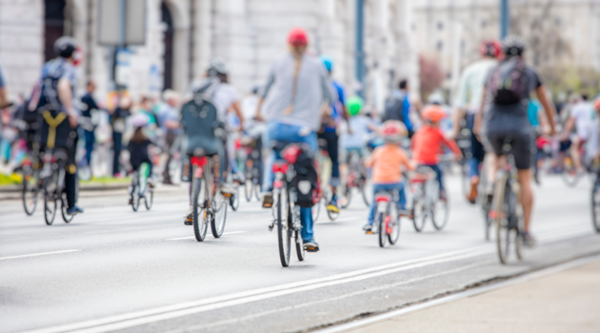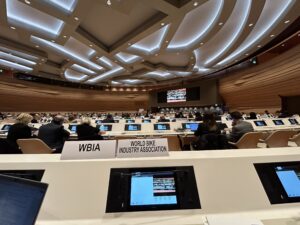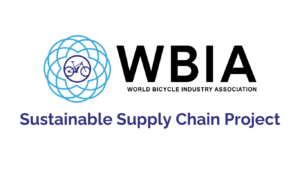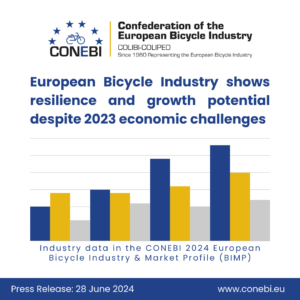20 May, Brussels – CONEBI joins forces with CIE and ECF to publish eight recommendations for how the EU, national governments and individuals can use cycling to lessen dependence on fossil fuels and achieve significant fuel savings.
The Russian invasion of Ukraine has forced European governments and citizens to rethink our collective dependence on fossil fuels for Europe’s energy needs. Dependence on fossil fuels for transport alone produces 20-25% of Europe’s total carbon emissions. Thus, it is of crucial importance that we recognise the need to do things differently when it comes to transport and mobility, and to create the right frameworks that can enable more people to cycle towards energy independence.
On Friday 13 May, the European Cyclists’ Federation (ECF), Cycling Industries Europe (CIE) and the Confederation of the European Bicycle Industry (CONEBI) published a joint manifesto outlining eight effective recommendations for how the European Union, national governments and individuals can decrease their reliance on fossil fuels through cycling, whilst also making significant savings on fuel expenses.
The manifesto is publicly available here.
The coalition’s first recommendation is for the EU to formulate its anticipated REPowerEU plan to maximise cycling’s potential to save fuel. REPowerEU, announced in March 2022, is the European Commission’s plan to make Europe independent from Russian fossil fuels and to access energy securely, sustainably and affordably. This is a chance for the Commission to truly incorporate sustainable mobility solutions – through more cycling, as well as walking and public transport – into policy and financial frameworks that enable national governments to import fewer fossil fuels and for individuals to achieve significant savings.
The manifesto also recommends that national governments make cycling more financially attractive, build more cycling infrastructure, embrace cycling for business, goods and services, reduce motor vehicle speed limits and institute more frequent car-free Sundays. At the individual level, ECF, CONEBI and CIE encourage people to replace car trips with bicycle trips during the week, and to take cycling holidays.
Manuel Marsilio, General Manager of CONEBI, said: “EU and member state actions to accelerate cycling can lead to high impact results. Current commitments to cycling in national allocations for the EU Recovery and Resilience Facility should be doubled. Financing for cycling for national climate plans and EU structural funds should be increased. Rapid injections of financial investment in measures that get more people to cycle – in safe infrastructure, direct financial incentives – is one of the quickest ways to reduce our collective reliance on fossil fuels for transport.”
Jill Warren, CEO of ECF, said: “Many people want to use their cars less and travel more sustainably and affordably. We saw as much in the research that has emerged about the frequent use of cycle lanes and infrastructure cities through Europe installed during the COVID-19 lockdowns. Individual actions are important, but the EU and national governments need to come through to provide the right infrastructure and fiscal and financial incentives to enable the shift to more cycling and greater energy independence.”
Kevin Mayne, CEO of CIE, said: “Cycling is the fastest opportunity in mobility to deliver REPowerEU and make progress on the EU’s climate goals in its Fit for 55 package. We estimate that one-eighth of Russian oil imports to the EU used for road transport can be removed by transition to more cycling, with comprehensive co-benefits in emissions reductions, health, congestion, road safety and economic growth.





